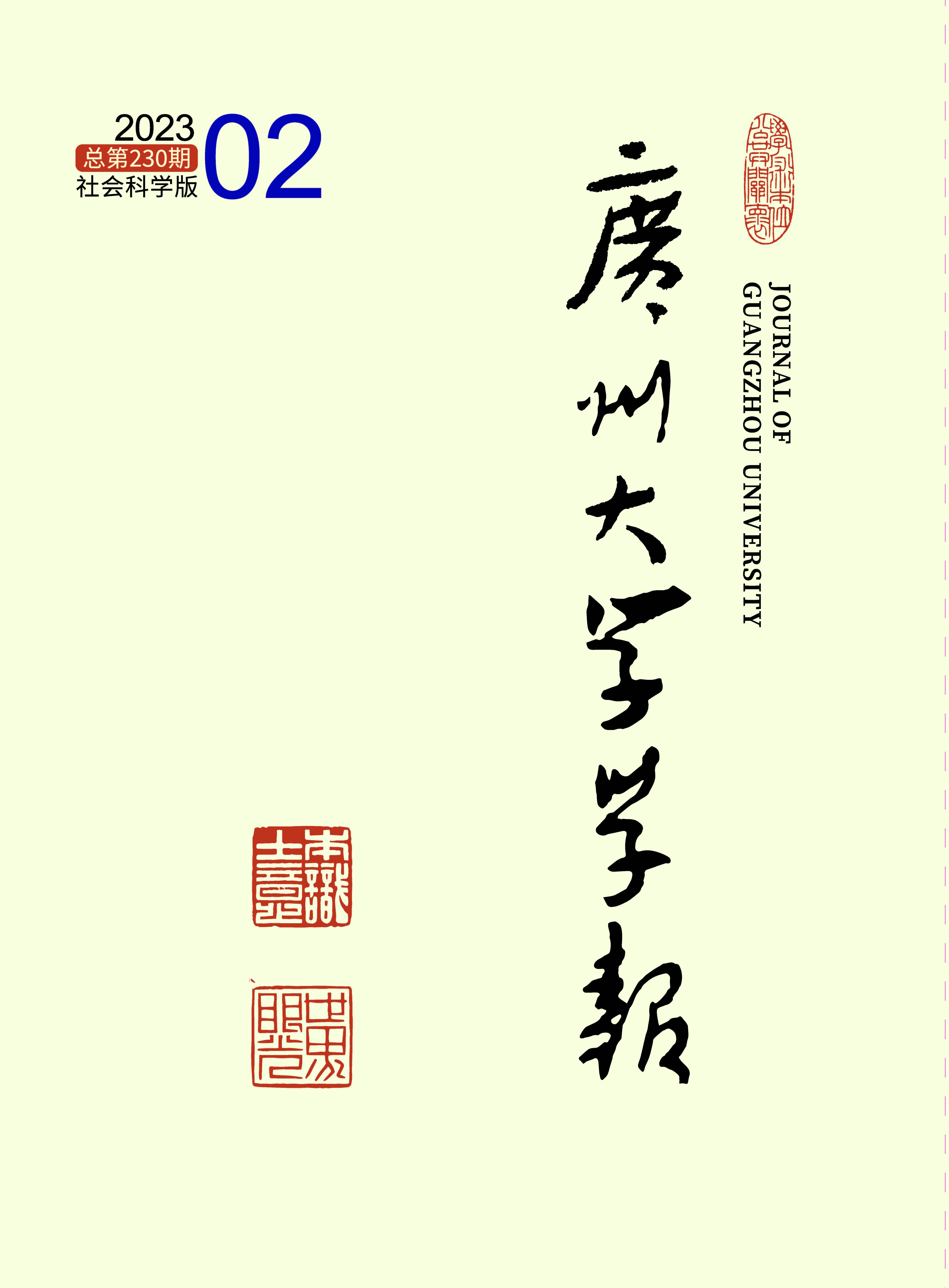Journal of Guangzhou University (Social Science Edition). 2023, 22(5): 135-142.
 Abstract
Abstract (
)
 Download PDF
Download PDF (
)
 Knowledge map
Knowledge map
 Save
Save
The science fiction genre has long been dominated by Western perspectives and has played a complicit role in constructing and perpetuating colonial discourses. However, in recent years, there has been a notable emergence of science fiction works created by writers from marginalized countries and regions, although they have largely gone unrecognized by many critics. Among these works, Caribbe an science fiction stands out for its unique integration of such Caribbean cultural elements as myths, fables, folktales, oral traditions, religious beliefs, and creole languages into the traditionally Western genre of science fiction, resulting in a multi-dimensional hybridity. Additionally, Caribbean science fiction employs a networked relationship model characterized by archipelago characteristics, emphasizing interrelation and interdependence. This mode of representation challenges the static binary opposition prevalent in Western narratives, revealing an archipelagic consciousness rooted in principles of diversity, mobility, and dynamics. The recurring themes of hybridity and archipelagic consciousness are pervasive in the works of Caribbean science fiction, demonstrating a spirit of resistance that is deeply entrenched in colonial experiences and histories. Consequently, these works serve as important textual practices of decolonization.
